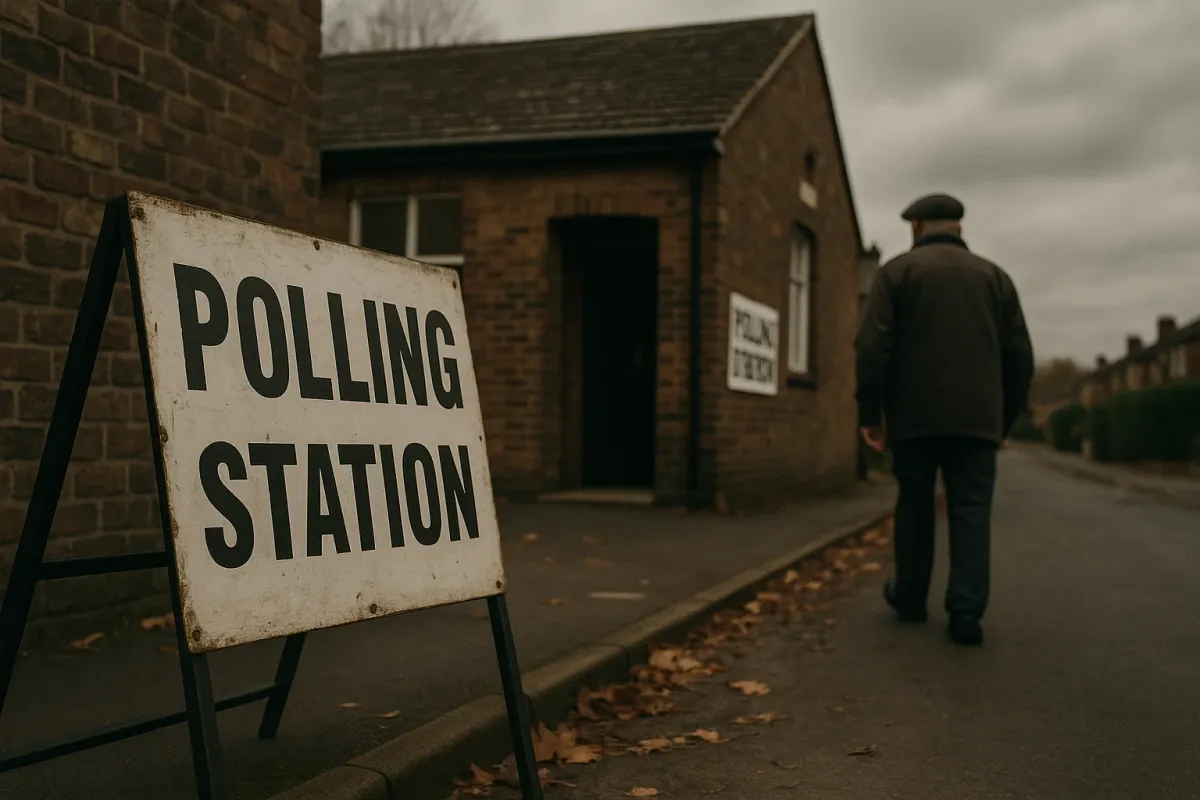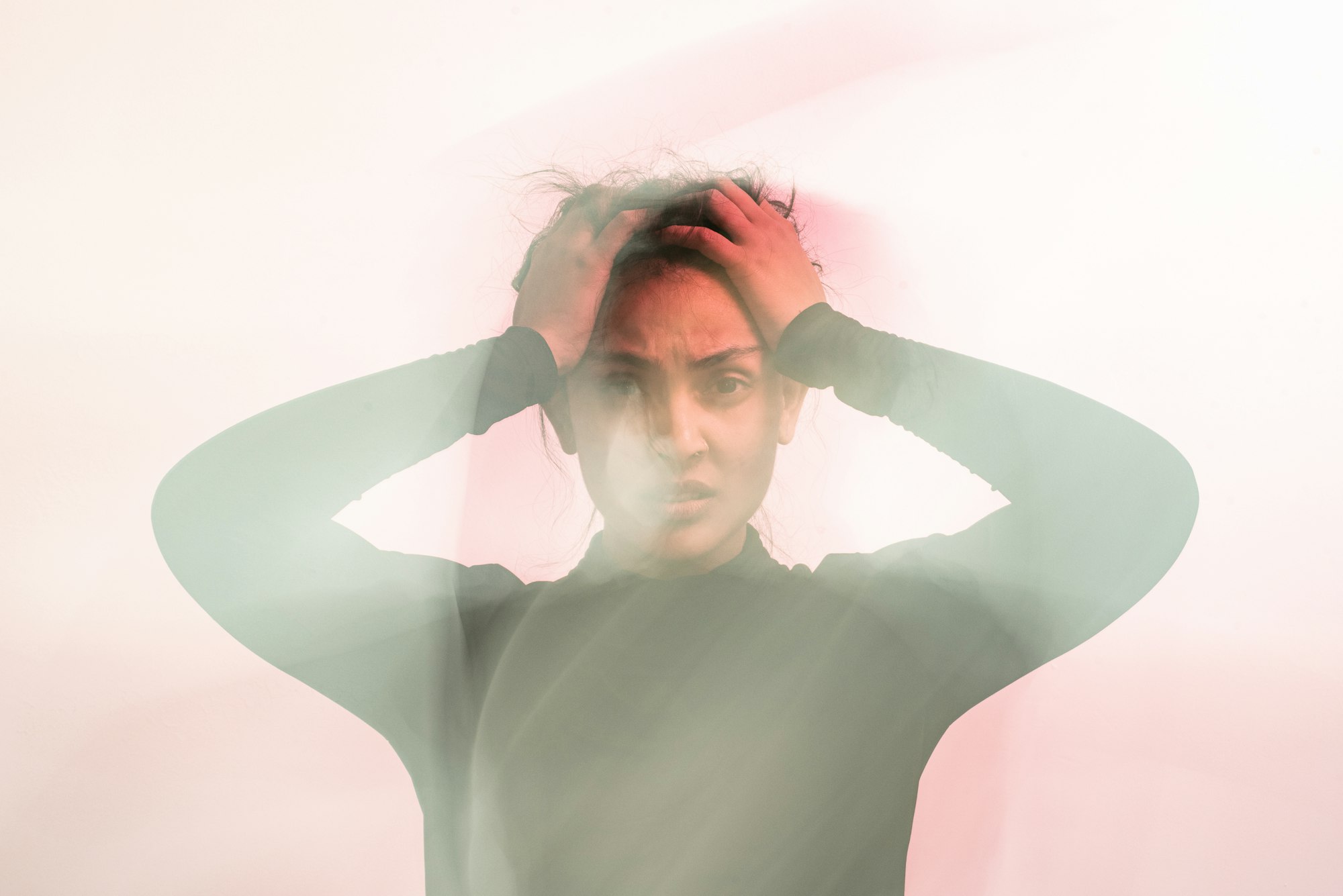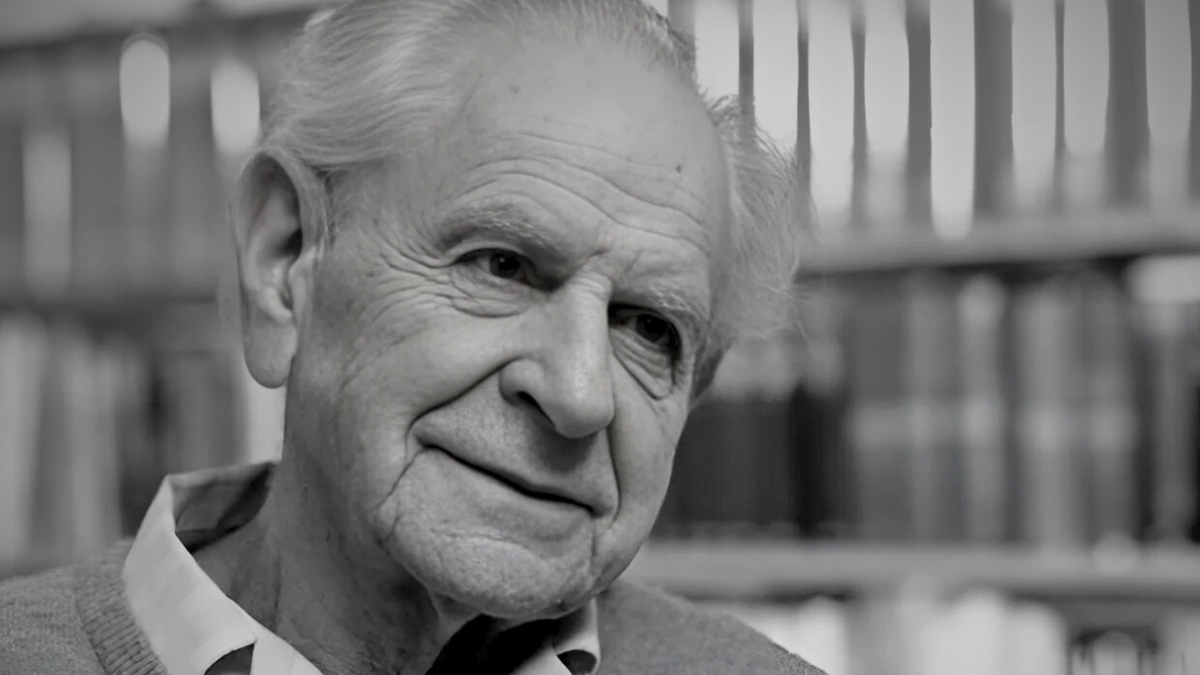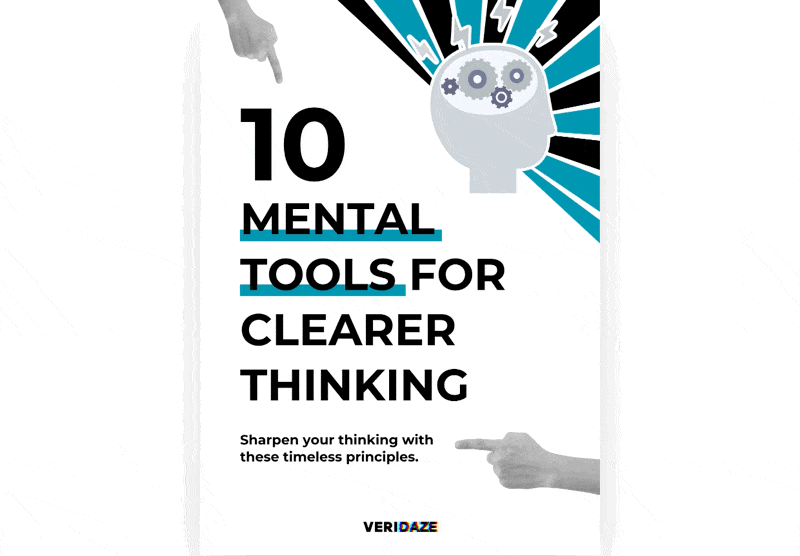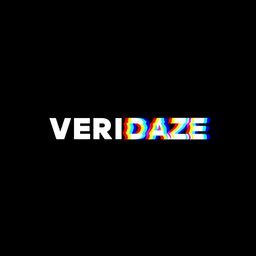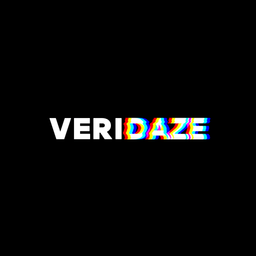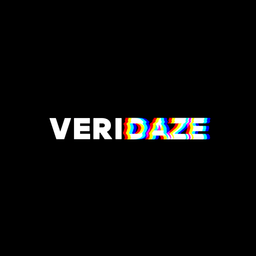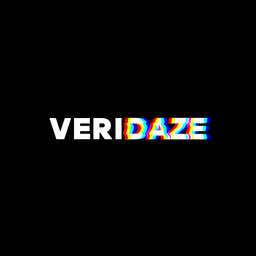Here we are again. Another populist threat, another curtain drawn. This week, Germany's domestic intelligence agency officially labelled the Alternative for Germany (AfD) a "right-wing extremist group" — a move that permits the state to increase surveillance and lays the groundwork for a potential ban.
To some, this is welcome news. They see AfD as a danger to democratic norms. But to others, and I would count myself among them, this is a troubling moment. Not because I endorse AfD’s platform — I do not — but because it reveals something unsettling about the state of liberal democracy in Europe.
Increasingly, it seems, democracy is permitted only when it delivers the “correct” result. When it doesn’t, it becomes dangerous, a problem to be managed, often with bureaucratic stealth. Consider the exclusions of Marine Le Pen from the French ballot, the shuttering of a conservative party in Romania, and now this: a creeping pattern in which dissent is not defeated by argument, but by administrative decree.
This is not new. Plato, in The Republic, warned of the inevitable drift of democracies toward tyranny, not through chaos but through the manipulation of democratic institutions. And John Stuart Mill, in his seminal On Liberty, cautioned against the tyranny of prevailing opinion: when elites control not only the machinery of state but also the boundaries of acceptable thought, liberty dies not with a bang, but with a bureaucratic shrug.
Think better. Get the FREE guide.
Join Veridaze and get 10 Mental Tools for Clearer Thinking — a free guide to cutting through noise, confusion, and nonsense.
The irony is that many of these elites invoke democracy with every breath. But scratch beneath the surface and you find not an abiding faith in the wisdom of the people, but a deep suspicion. Brexit was a rude awakening to this class. The wrong people voted the wrong way. And from that moment on, the instinct was not to listen, but to restrain. Technocracy replaced debate. Consent was managed, not earned.
It is worth asking: what does democracy actually mean? If it is simply the periodic casting of votes between two wings of the same bird, with real alternatives excluded on moral or procedural grounds, then democracy has been hollowed out. The 20th-century philosopher Karl Popper once observed that the test of a democracy is not whether dissent exists, but whether it is permitted to challenge power. By that standard, we are failing.
Of course, democracy is fragile. It cannot, and should not, tolerate those who would destroy it from within. But therein lies the paradox. When the line between dissent and extremism is drawn by those with a vested interest in avoiding challenge, the system ceases to be democratic in anything but name.
The moral challenge is not to defend the likes of AfD, but to defend the principle that ideas must be defeated by better ideas, not by surveillance classifications. When the state suppresses alternatives before the people can even consider them, democracy becomes a pageant, not a process.
We are told this is about protecting democracy. But perhaps the greater threat lies not in the parties that rise, but in the quiet disdain of those who would pre-emptively crush them. It is not hard to imagine a future in which only state-approved opposition is permitted, a sort of curated dissent that leaves power intact.
Democracy does not die in darkness. It dies in daylight, with the applause of those who believe they are saving it.
Further reading
The Psychology of Totalitarianism by Mattias Desmet
A provocative exploration of mass formation and the psychological mechanisms behind widespread conformity—vital for understanding how democratic societies veer into authoritarian control.
The Madness of Crowds by Douglas Murray
A sharp and controversial analysis of identity politics, ideological overreach, and the modern taboo against dissent.
The Righteous Mind: Why Good People Are Divided by Politics and Religion by Jonathan Haidt
A powerful dive into moral psychology and how people with good intentions end up in bitter ideological conflict, unable to hear opposing views.
The Revolt of the Public and the Crisis of Authority in the New Millennium by Martin Gurri
An incisive take on how the digital age has fractured elite narratives, creating a volatile feedback loop between institutions and the public.
Democracy: The God That Failed by Hans-Hermann Hoppe
A radical and controversial critique of democracy as a system, arguing that it inevitably drifts toward moral decay and institutional corruption.
On Liberty by John Stuart Mill
A timeless classic arguing for the central importance of free speech and the danger of majoritarian tyranny—even in democratic systems.
The Open Society and Its Enemies by Karl Popper
Popper's warning against authoritarian ideologies and his defence of liberal democracy as a system that must allow challenge and dissent to survive.
If you found this useful, consider subscribing for more thought-provoking articles. And feel free to share your take in the comments below.
You might also like:
